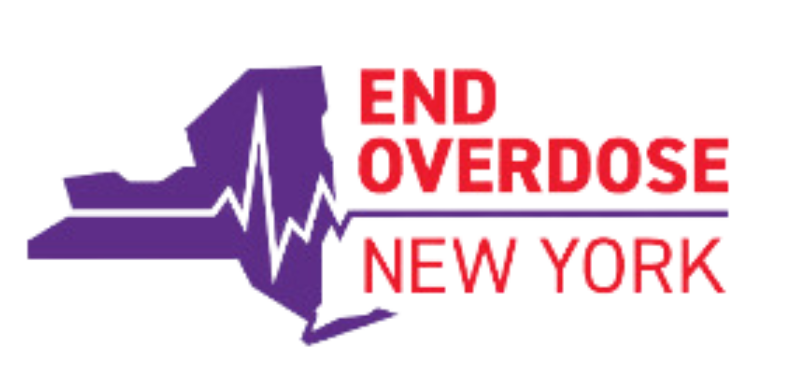Policy Priorities
People who use drugs should be met with dignity and respect, not criminalization or coercion.
Decades of criminalization have not reduced the distribution of fentanyl and other synthetic substances, and has contributed to skyrocketing overdose rates. Prohibition has never made us safer; instead, it drives the drug supply to become more potent and unstable. This has led to a public health crisis that affects us all.
No one needs to die of an overdose.
We have health-based responses to drug use that have been proven to reduce overdose deaths. The policy priorities listed below will help turn the tide on our current overdose crisis by building the health infrastructure necessary to save lives, support wellness and stabilization, and care for our communities.
SAFER CONSUMPTION SERVICES ACT (2023-2024 A338A/S399)Sponsored by Assemblymember Rosenthal and Senator Rivera Authorizes Overdose Prevention Centers statewide – which would expand funding for these lifesaving programs.
DRUG CHECKING SERVICES (2023-2024 A7487/S4880)Sponsored by Assemblymember Kelles and Senator Fernandez Extends legal immunity to all parties involved in New York State’s drug checking infrastructure, protects the anonymity of participants, and prevents results of any drug checking from being used as evidence.
DECRIMINALIZE BUPRENOPRHINE (2023-2024 A4013/S699)Sponsored by Assemblymember Rosenthal and Senator Rivera Decriminalizes buprenorphine - a gold standard medication for opioid use disorder. Because of barriers to access, many people use non-prescribed buprenorphine therapeutically to prevent withdrawal symptoms, self-detox, bridge gaps in treatment, maintain abstinence, or attempt to enter treatment that may otherwise be inaccessible.
INCREASED FUNDING FOR THE DEPARTMENT OF HEALTH'S OFFICE OF DRUG USER HEALTH The Office of Drug User Health provides funding for Drug User Health Hubs and Syringe Service Programs, which provide the core services for people who use drugs, including low-threshold buprenorphine, overdose prevention, supportive services, counseling, and referrals. New York has an abundance of funding to address the overdose crisis and the Office of Drug User Health is best positioned to support harm reduction services. The final budget must reflect a suballocation of OASAS funding streams to sustain Office of Drug User Health funding and an additional $45 million to increase their budget to $120 million.
